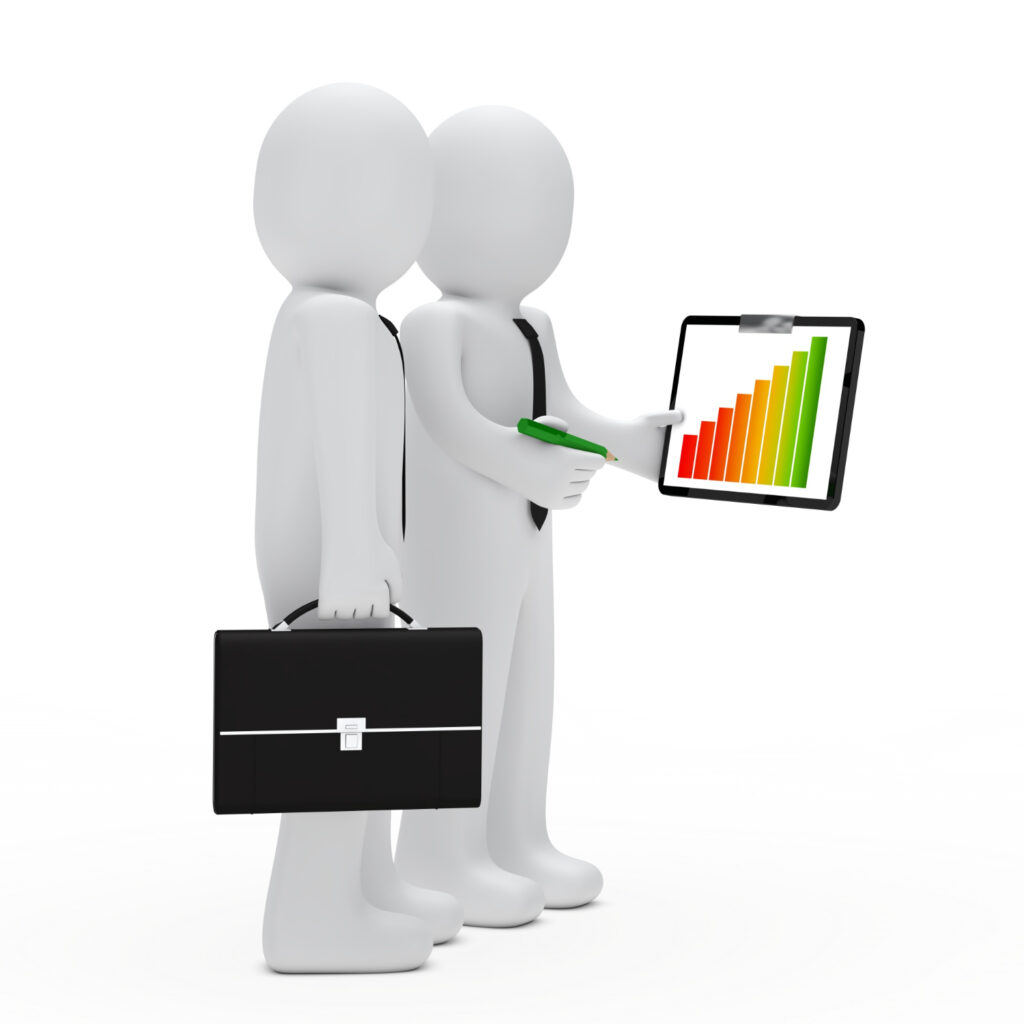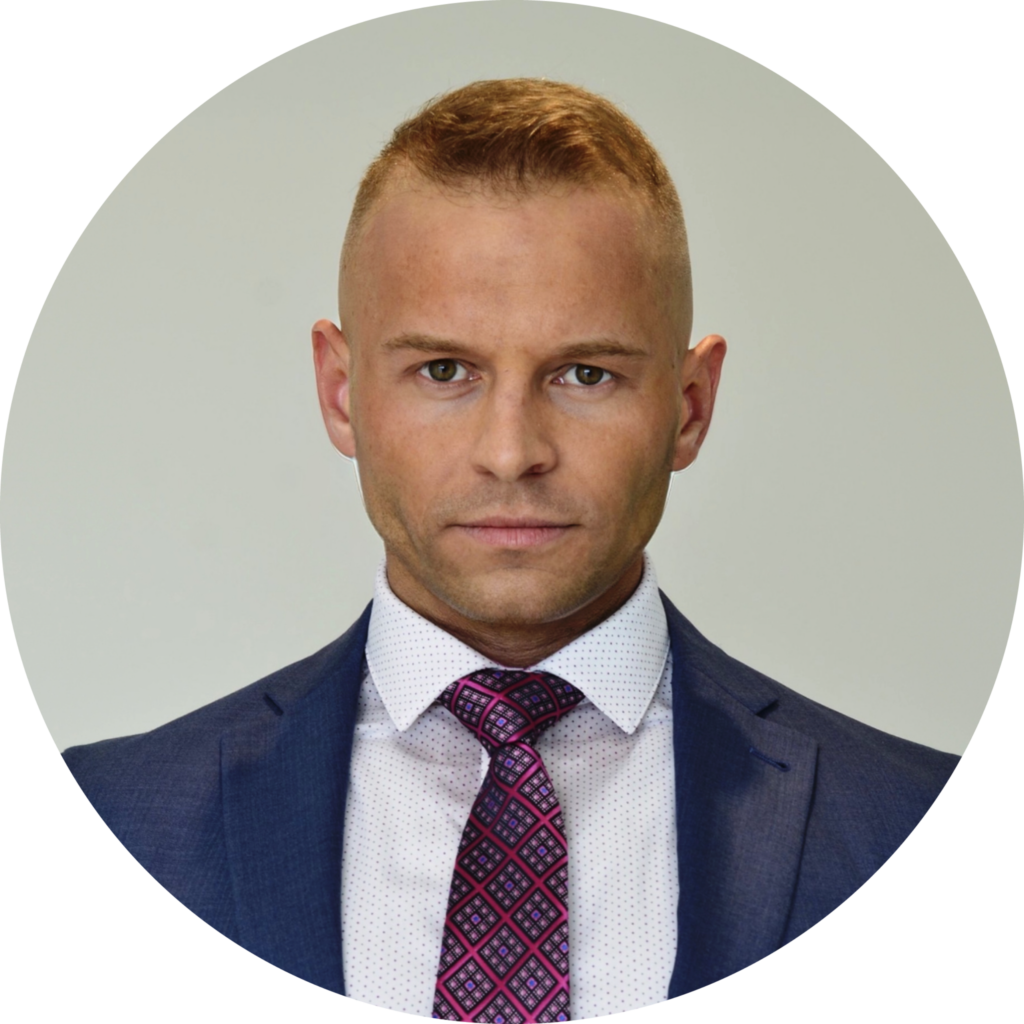Reverse Mortgage Florida - Everything you need you know
Everything you need you know about getting a Florida reverse mortgage
If you’re a Florida homeowner aged 62 or older and concerned about financing your retirement years, a Florida reverse mortgage could be a suitable option. However, understanding how reverse mortgages work is crucial, as this type of loan can be intricate and might have certain drawbacks.
It’s essential to grasp how this type of loan functions, the benefits it can offer, and if it aligns with your financial landscape and retirement aspirations. Dive deep into the nuances of the reverse mortgage to ensure you make an informed decision.

Today’s Mortgage Rates
Your rate will be different depending on your credit score and other details. Get personalized rates and a mortgage recommendation designed for you.

What Is A Florida Reverse Mortgage?
A reverse mortgage in Florida is a type of home loan, distinct from the common type of reverse mortgage, that permits homeowners who are 62 or older to tap into a fraction of their home equity. Unlike a traditional home equity loan or home equity line of credit, with a reverse mortgage, you don’t make monthly mortgage payments to your lender. Instead, the reverse mortgage lender disburses payments to you. The loan initially settles any existing mortgage you might hold, after which you’re free to utilize the leftover funds as you see fit. However, it’s mandatory to pay property taxes and homeowners insurance, and the onus of home repairs and maintenance lies with you.
Reverse Mortgage Florida Eligibility: Who Can Get One?
Securing a Florida reverse mortgage is not a universal option; it comes with specific prerequisites. Delve into the essentials to determine if you qualify for a reverse mortgage:
- You need to be a minimum of 62 years old, making age a crucial factor for this type of loan.
- A Florida reverse mortgage is exclusive to your primary dwelling. It’s not applicable for secondary homes or vacation properties.
- For those considering the popular home equity conversion mortgage (HECM), mandated by the Department of Housing and Urban, it’s imperative to participate in a reverse mortgage counseling session. This is a pivotal step outlined by HUD. Additionally, a financial review is undertaken to confirm your capability to adhere to the loan’s monetary commitments.
- Federal liabilities, including student loans or outstanding income tax, disqualify you from obtaining a reverse mortgage.
- The property in question must align with stipulated real estate benchmarks to be eligible.

How Does A Reverse Mortgage in Florida Work?
The concept of a reverse mortgage in Florida might seem like an effortless gateway to funds, but there’s more to it. A reverse mortgage is a loan mechanism where homeowners tap into their home’s equity. Think of it as leveraging the gap between your existing mortgage balance and the current value of your home.
To ascertain the amount you’re eligible to receive from a reverse mortgage, the reverse mortgage Florida lender will commission an appraisal of your residence. For instance, if your home’s market value stands at $350,000, and you have an outstanding mortgage loan balance of $100,000, your equity sums up to $250,000. It’s crucial to note that lenders typically don’t permit homeowners to access the full equity amount in a reverse mortgage. Instead, they allow a certain percentage, ensuring you retain a portion of equity within the home.

Your Existing Mortgage Is Paid Off First
The funds from the reverse mortgage Florida loan initially settle any existing mortgage you have. Once this is done, the beauty of a reverse mortgage is that it alleviates the need for monthly mortgage payments. You may opt for varied disbursement methods from your lender, be it a lump sum, scheduled monthly payments, a line of credit, or a mix of these options. The freedom to allocate this money as you see fit is yours, and the good news is, these reverse mortgage proceeds aren’t subject to taxation.
However, it’s worth noting that a reverse mortgage could influence specific need-based aid programs. Hence, consulting a reverse mortgage counselor or financial advisor before taking out a reverse mortgage is advisable.
As you enjoy the inflow from your loan, remember that the interest rate charged gets added to your loan balance. This implies that over the reverse mortgage’s duration, the amount you owe will incrementally rise.
How to Get a Renovation Loan
Securing a home improvement loan involves several key steps, from comparing lender offers to preparing necessary documents.
FAQ
Find Out Answers Here
Conventional mortgages hold the title as the most popular type, with lenders originating more than 4.1 million conventional loans in 2022. This contrasts with over 1.3 million nonconventional mortgage originations, including FHA, VA, and USDA mortgages, highlighting the diverse needs of homebuyers.
VA loans often feature the lowest interest rates, benefiting from the support of the Department of Veterans Affairs. However, FHA mortgages also offer competitive rates, particularly for those with less-than-perfect credit histories. Ultimately, securing the best rates depends on various factors, including credit score, debt-to-income ratio, property type (single-family home, condo, or multi-family and down payment size.
FHA mortgages are generally considered the easiest to qualify for, designed to assist those with lower incomes or less-than-ideal FICO scores. If you’re finding it challenging to qualify for a conventional mortgage, an FHA loan could be a viable path to homeownership.
Many first-time homebuyer programs allow buyers who haven’t owned a property in the past three years. This includes divorced spouses who have only jointly owned a home with an ex-spouse.
Choosing the best mortgage lender will depend on the home loan options you’re applying for, how much you want to borrow, the term of the loan, mortgage interest rate, and many other factors. Review our guides for best mortgage lenders, top FHA lenders, and best VA lenders.
Choosing the right mortgage is a significant decision that will impact your finances for years to come. Whether you’re considering a loan backed by the U.S. Department of Veterans Affairs to take advantage of lower mortgage rates without the need for upfront mortgage insurance or exploring a USDA mortgage to purchase a home in a rural area, tools like a mortgage calculator can be invaluable. They help you understand the total loan cost, including the life of your loan and potential higher monthly payments. Remember, making a down payment can reduce your monthly obligations and increase the equity in your home from the start. Ultimately, the best path forward involves careful consideration of your ability to qualify for a mortgage, the type of loan that suits your financial situation, and how long you plan to stay in your home, ensuring you select the mortgage that aligns with your long-term goals.


